British Association for AHP's in Liver
The British Association for Allied Health Professionals in Liver (BAAL) is an affiliated group of the British Association for the Study of the Liver (BASL).
BAAL is a professional organisation for Allied Health Professionals (AHPs) specialising in the care of patients with liver disorders. BAAL aims to promote excellence in the provision of Allied Health Professional care to all patients with liver disorders. Professions include, but are not limited to, Physiotherapists, Dietitians, Clinical/Health/Behavioural Psychologists, Occupational Therapists, Clinical Exercise Physiologists and Radiographers. The purpose of the forum is to promote awareness of the role of AHPs within Hepatology. It will provide education, peer support, research and networking opportunities for AHPs working within the field of Hepatology which will lead to improved patient care. Long-term, the group aims to formulate National guidelines and develop clinical standards across the UK.
Core Activities:
- The BAAL aims to fulfil the above purpose by undertaking the following core activities;
- To promote optimal clinical practice in the treatment and management of patients with liver disorders across all patient groups. This includes the promotion of a collaborative and multi-disciplinary approach to patient care.
- To act as a source of specialist AHP knowledge for national advisory groups, local and regional commissioning teams, patient advocacy groups and all other stakeholders deemed appropriate by the BAAL Chairperson and contribute to local, national and international policy making
- To provide educational support and opportunities for AHPs working in the field of hepatology.
- To work with partner AHP organisations as deemed appropriate by the BAAL Chairperson to develop and promote minimum standards of care for AHPs working within hepatology.
- To promote the work of AHPs and engage with families and carers of individuals with, or at risk of liver disease
- To promote and disseminate AHP led research
- To develop and promote guidelines to facilitate quality AHP management for people with, or at risk of liver disease
- To operate within the Health and Care and Professionals’ (HCPC) code of conduct and ethics
BASL Annual Meeting - BASL BLNA BHPG BAAL Travel Bursary Applications Now Closed
Applications are invited from Nurse, Pharmacist and AHP members who are UK-based to apply for a travel bursary to attend the annual meeting.
There are a number of sponsored travel bursary scholarship awards for members this year to attend the forthcoming BASL/BLNA October Meeting in Belfast.
Scholarship awards are capped at a maximum of £500 per person and are considered a contribution towards a registration fee, travel and accommodation expenses.
When completing the application form, please only select the level of bursary you need so that we can support as many nurse, pharmacist and AHP members as possible to attend the annual meeting. The bursary levels are:
Level 1 up to £500
Level 2 up to £375
Level 3 up to £250
Level 4 up to £125
NB: Bursaries awarded will be capped at the level applied for on the application form.
Be quick, the closing date for applications is 17.00 Monday 14th July.
Read the Guidance document before making your application > HERE
Download an Application Form > HERE
BLNA BHPG BAAL - Post EASL Debrief Webinar 2025 Recording
Webinar Topics included:
- Nursing highlights featuring ACLF and Inter-professional forum Poster Tour: Real life
- Pharmacy highlights featuring PBC
- AHP highlights - Addressing stigma and the use of patient-reported experience/outcome measures (PREMs and PROMs)
- EASL Rising Star Award
BASL members can catch up on the webinar by logging into the Members Area of the website > Here
BAAL Committee Members
| BAAL Chair | Dr Felicity Williams, Queen Elizabeth Hospital, Birmingham/School of Sport, Exercise and Rehabilitation Sciences, University of Birmingham |
| BAAL Vice-Chair | Jennifer Towey, University Hospitals Birmingham NHS Foundation Trust |
| Secretary | Suzanne Lester, Queen’s University Belfast and Belfast HSCNI |
| Treasurer | Alice Freer, University Hospitals Birmingham |
| Communication Lead | Ashlea Hargreaves, University Hospitals Birmingham |
| Committee member | Dr Kate Hallsworth, The Newcastle upon Tyne Hospitals NHS Foundation Trust and Newcastle University |
| Education Lead | Aubrey McCallum |
| Research Lead | Lynsey Spillman, University of Plymouth |
Dr Felicity Williams
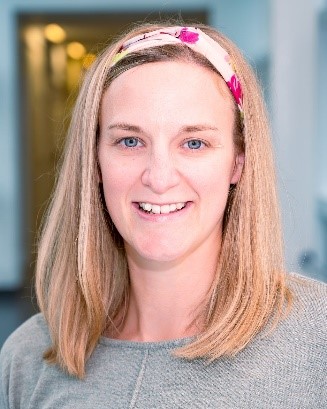
Felicity is a Consultant Physiotherapist in Hepatology at the Queen Elizabeth Hospital, Birmingham, and Assistant Professor at the University of Birmingham. Her research interests centre around the assessment and management of physical frailty in chronic liver disease. Felicity is the Chair for the British Association of Allied Health Professionals in Liver (BAAL) where she aims to promote inclusion and leadership of AHPs in research and improve access to AHP services for patients with chronic liver disease.
Jenny Towey
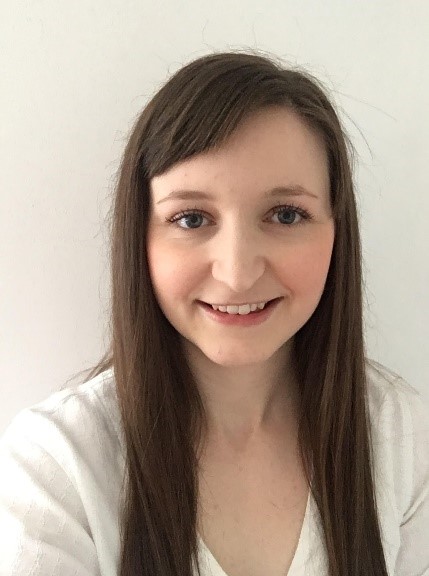
Jenny Towey is a Specialist Dietitian working at the Queen Elizabeth Hospital Liver Unit, Birmingham. She is a previous HEE/NIHR award holder for a Pre-Doctoral Clinical Academic Fellowship. Her specialist interests include nutritional assessment and management of alcohol-related liver disease and hepatic encephalopathy. She is actively involved in research and is passionate about standardising nutritional assessment and management for all those with end-stage liver disease.
Suzanne Lester

Suzanne Lester is an Advanced Physiotherapy Practitioner specialising in liver transplantation with a dedicated focus on prehabilitation, physical activity, and improving outcomes for patients with liver disease.
With extensive experience in clinical practice, Suzanne is passionate about enhancing patient care through innovative approaches particularly remote interventions, that support physical resilience and readiness for transplantation.
Currently completing her PhD, Suzanne has developed a co-designed a remote prehabilitation intervention tailored for liver transplant patients, aiming to optimise their physical and emotional health pre-surgery. Her research and clinical work highlight the critical role of structured physical activity in promoting long-term health outcomes for this population.
Alice Freer
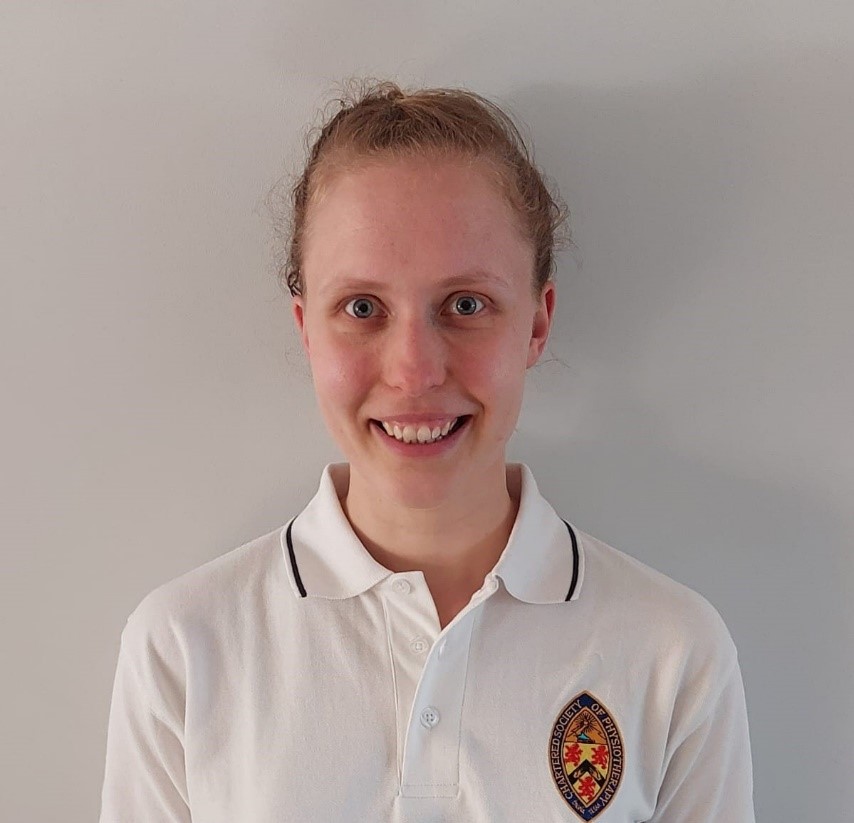
Alice Freer is a Physiotherapist at University Hospital Birmingham. Her current role includes the delivery of physiotherapy and a motivational programme pre and post liver transplant. Her specialist interests include management of fatigue in liver disease, physical frailty, transplant, and exercise conditioning. She is passionate about research and it’s impact on patient outcomes. Alice has completed a Master’s in Health Research in 2022, Health Education England Pre-Doctoral Programme in 2024, with secured funding to commence a PhD Fellowship in 2025.
Ashlea Hargreaves
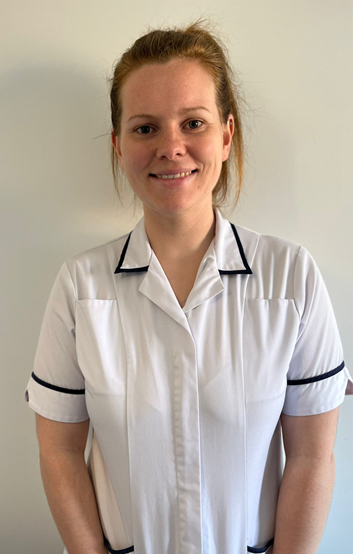
Ashlea Hargreaves graduated from the University of Birmingham in 2015 and has worked at the Queen Elizabeth Hospital, Birmingham for the past 6 years. After completing core rotations, and working several years with professional football clubs, including Birmingham City Men’s Academy and Aston Villa Women’s Academy, she specialised in a Team Lead Specialist Surgery role. Ashlea manged disciplines across Surgical Intensive Care, Hepatology, HPB, Renal, Gastroenterology, ENT and Max-Faxs. Following this, she was successfully appointed as a Senior Hepatology Research Physiotherapist, working on the ExaLT (home-based Exercise and motivational programme before and after Liver Transplantation) trial in Birmingham.
Dr Kate Hallsworth
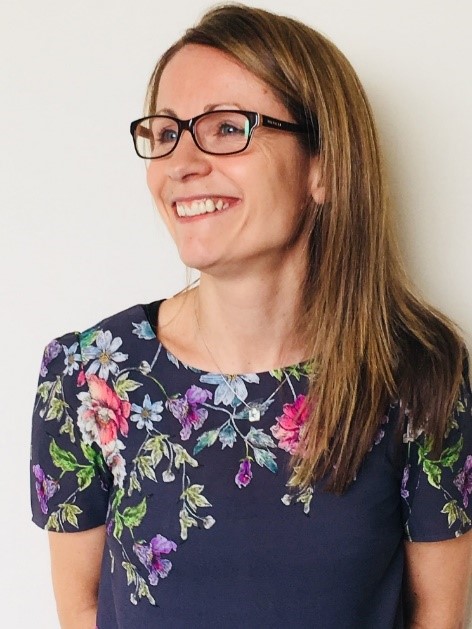
Kate Hallsworth focusses on the use of lifestyle interventions in the management of metabolic dysfunction-associated steatotic liver disease (MASLD). Her most recent work has looked at why lifestyle interventions are not being optimised in clinical practice and what tools are necessary to aid healthcare professionals to support patients to make lifestyle changes. Kate has led the development of an evidence-based MASLD-specific digital intervention (VITALISE) which was co-designed with patients and has been piloted within the NHS.
Kate is passionate about improving the care of patients with MASLD and driving service redesign to ensure an interprofessional, holistic approach to disease management, offering patients tailored lifestyle interventions that meet their needs. She has been part of international working groups writing EASL MASLD Clinical Management Guidelines for patients to access, position statements for the ‘American College of Sports Medicine’ and ‘Exercise and Sports Science Australia’ on physical activity and exercise in MASLD, and national groups working on developing BASL Quality Care Standards for patients with MASLD. Kate sits as a proud member on the EASL Nurses and AHP Taskforce.
Lynsey Spillman
Lynsey brings over a decade of experience as a hepatology and liver transplant dietitian, having spent 11 years at Cambridge University Hospitals NHS, where she served as Lead Hepatology Dietitian. She transitioned to academia to join the University of Plymouth as a Lecturer in Dietetics, where she is now engaged in advancing research and education in the field. Currently pursuing an NIHR funded PhD, Lynsey's research focuses on diet quality, the determinants of dietary behaviour, and cardiovascular disease risk following liver transplantation. Her work includes systematic review, cohort and qualitative studies, contributing valuable insights to the field of liver transplant nutrition.



